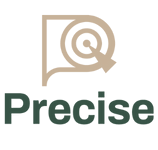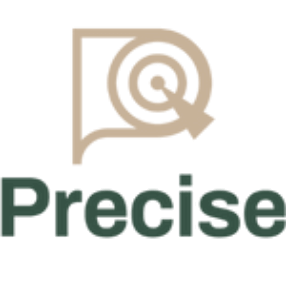Getting a liquor licence is a smart way to draw customers to your establishment, but there is a lot to learn and do to get one of these licences. It does not matter what type of business you run; if you are looking to add a liquor licence, then there are some things you need to know to help you to acquire your licence.
Knowing the licence types
The place to begin is by determining the type of liquor licence you need. This question may be a little more complicated than you may think.
If you are establishing a commercial enterprise, such as a restaurant, café, or any other type of business in which the principal activity may be anything other than the sale and supply of alcohol, the licence required for this type of business is the subsidiary on- or off-premises licence. In other words, it means your establishment serves alcohol on- or off-premises as a secondary activity. I.e. A golf driving range that supplies liquor as a value-add to their customers; however, its principal activity is the provision of golf driving range facilities. Or, as an example of the subsidiary off-premises licence, suppose your business is a specialty groceries store. Again, the sale and supply of alcohol are secondary to the business, where the sale of specialty food items is far greater than the sale of liquor.
In Queensland, the only type of licence that allows the sale and supply of liquor as the primary activity is the Commercial Hotel licence. Which also enables its licence holder to open up attached or detached bottle shops as well as the ability to sell alcohol online.
There are a number of licences that are available depending upon the type of business you own and how the sale of alcohol occurs. For example, suppose you are going to open a bar. In that case, there are specific guidelines based upon the maximum capacity in terms of patrons. Maybe you intend to produce or wholesale liquor. If this is the case, there is a specific licence for this as well. Some establishments only intend to produce or wholesale liquor. The type of licence for that is the producer/wholesaler licence.
With the growth of the craft beer and artisan liquor industry, should you own a brewery or distillery, you can now apply for the artisan producer licence. This licence allows you to produce and sell craft beer or artisan liquor and sell it for consumption on the licensed premises.
As you can see, this is a rather complicated process. What adds to the complication is what you intend for the business to be in one-, five-, or even 10-years from now. If you are looking to expand your operation one day, then you may want to consider this when determining the type of licence you are looking for now.
You can learn more about the types of licences by visiting the Office of Liquor and Gaming Regulation (OLGR) website.

Paying for your Licence
Because of the different types of licences one can acquire for their business, it is not surprising that there are several licencing fees. For example, talking application fees alone, a commercial hotel will pay $7550 and $1135 for each new detached bottle shop it may want to operate. This is as of July 2022 and changes every new financial year. A subsidiary on- and off-premises pay $1508, and community clubs pay $3321 for the application fee.
A liquor licence does not expire, but it is renewed annually. Using the same examples above, a commercial hotel will pay $4076 yearly and $4528 for each detached bottle shop it operates. Again, this is as of July 2022 and changes every new financial year. A subsidiary on- and off-premises pay $753.70, and nightclubs pay $4076 for their licence renewal.
In addition to establishments looking for a licence that offers them the regular sale of alcohol, temporary licences are available for a single event. For example, a business can pay $753.70 for the first date of the event and $76.05 for each additional date of the event.
There were also fees for those businesses looking to upgrade or make changes to the existing liquor licence associated with their company. These fees go beyond alcohol itself and relate to anything associated with the business. For example, altering the licensed area description has a fee of $99.95, and extending trading hours or varying conditions endorsed on the licence costs $226.80. If the business chooses to change the trading name, there is a $99.95 fee involved.
As you can see, there are many fees, and this is just the beginning. If you wish to learn more about this, you can find specific licencing costs on the Queensland government website.
How do I get my licence?
If you are just starting out and have chosen the type of licence you need, you must fill out an application. You can visit the Queensland website to find the application you need to apply for your liquor licence. First, however, you have to determine which type of licence and application you need.
You will find several different types of applications and compliance forms required to apply for your licence on the website.
There are forms to accommodate any situation. For example, suppose you wish to transfer your liquor licence to another establishment or take over a licence from another establishment. In these cases, there are specific applications for those. Likewise, if you want to change your trading hours, offer a one-time event, or change personal details about your business, an application is required for each of these instances.
One of the things you were going to learn is that this can be a tedious process. One minor mistake can lead to your application being sent back to you or denied outright. This is why it pays to find a liquor licence consulting firm that can assist you in completing these forms. The last thing you want is to be delayed or denied because of some bureaucratic roadblock.
Completing an application takes time and effort, but having a consultant can help you expedite that process. A liquor licence consultant will know exactly what it takes to get your application processed expeditiously and can assist you in ensuring that the licence is adequately maintained and approved for each subsequent year.
This is not an easy process. We are going to be honest with you; there is a lot of time and money involved, but having an expert to walk you through it can really save you a lot of hassle.


